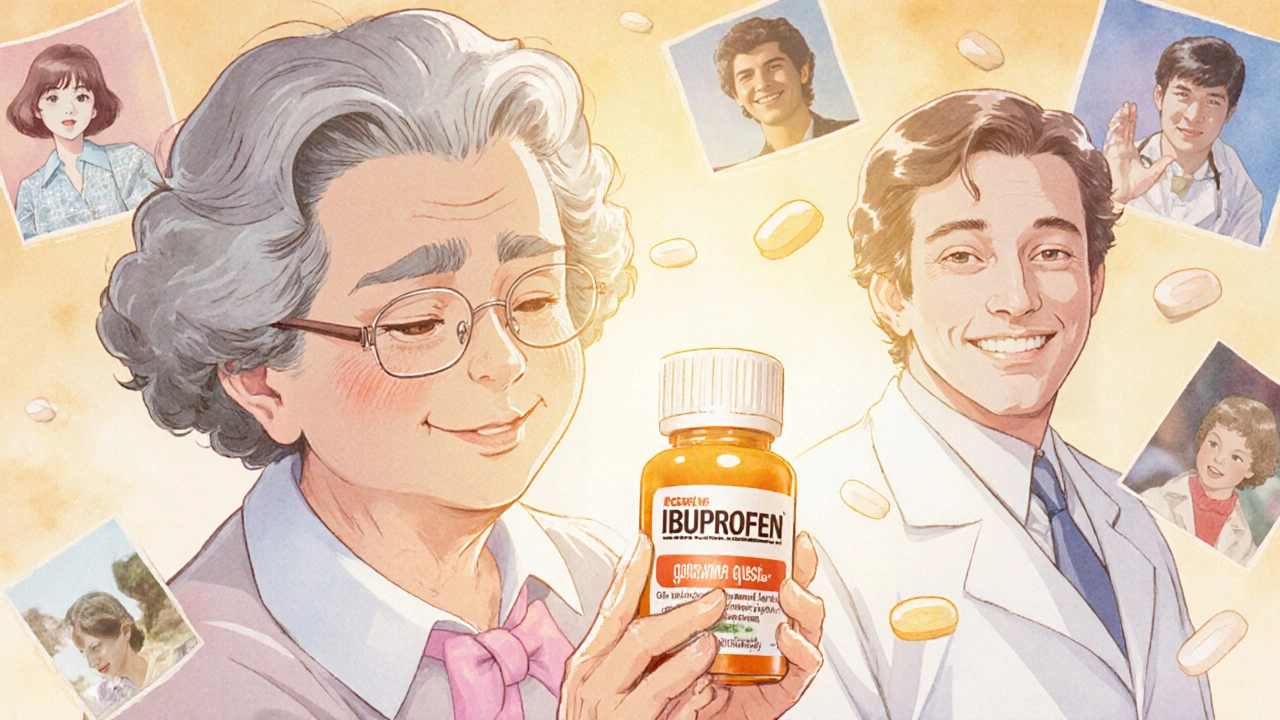Health Literacy: Understand Your Medications, Side Effects, and Treatment Choices
When you take a pill, read a label, or ask your doctor about side effects, you’re using health literacy, the ability to find, understand, and use health information to make informed decisions. Also known as health knowledge, it’s not about having a medical degree—it’s about knowing what to ask, when to double-check, and how to spot when something doesn’t add up. Too many people swallow pills without understanding why, ignore warning labels because they sound too technical, or assume supplements are harmless just because they’re sold over the counter. That’s where health literacy breaks down—and where real risks begin.
Health literacy connects directly to medication safety, how well you avoid harmful drug interactions, overdoses, or side effects. For example, if you’re taking azathioprine and don’t know it can trigger drug-induced lupus, or if you mix acyclovir with kidney-affecting drugs without checking, you’re not just taking a pill—you’re playing Russian roulette with your body. The same goes for drug interactions, when one medication changes how another works in your system. A simple combo like trospium and asthma meds can make breathing harder. Or caffeine triggering muscle spasms in someone who doesn’t realize it’s the culprit. These aren’t rare accidents—they’re preventable when you know what to look for.
And it’s not just about pills. Health literacy helps you understand why your blood sugar spikes in the morning (dawn phenomenon), why you feel side effects that aren’t from the drug itself (nocebo effect), or how vitamin deficiencies cause headaches. It’s what lets you read a label on a supplement and ask: "Is this actually tested? Could this hurt me?" It’s what turns you from a passive recipient of care into an active partner in your health. You don’t need to memorize every drug name—you just need to know how to ask the right questions, spot red flags, and trust your gut when something feels off.
Below, you’ll find real-world guides that cut through the noise. From how to tell if a generic drug is safe to use, to why your doctor might prescribe an off-label treatment, to what really happens when you mix herbs with prescription meds—these aren’t theory pieces. They’re practical, no-fluff breakdowns written for people who just want to stay safe and make better choices. You’re not alone in feeling overwhelmed. The information is here. Now it’s time to use it.
